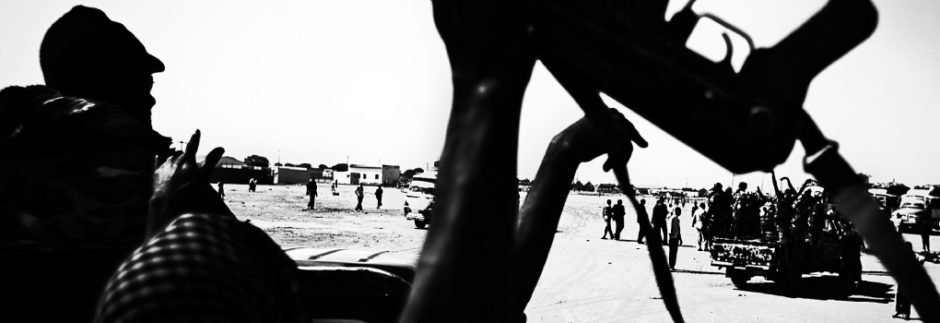
The US government has sanctioned two men with links to South Sudan’s oil industry.
The Office of Foreign Assets Control (OFAC) named Kur Ajing Ater and Ashraf Seed Ahmed Al-Cardinal, in addition to six linked companies, as Specially Designated Nationals (SDN). Naming them in this way prevents US entities from doing business with them, at risk of fines and other penalties.
The US Department of Treasury said the two men had been named for alleged involvement in “bribery, kickbacks and procurement fraud with senior government officials”. OFAC named them under the powers given to it by the Global Magnitsky Human Rights Accountability Act.
“Al-Cardinal and Ajing leverage their businesses and political connections to engage in corruption at great expense to the South Sudanese people,” said the US Treasury Under Secretary for Terrorism and Financial Intelligence Sigal Mandelker. He went on to call for the South Sudanese government to increase transparency and accountability “against those involved in systemic corruption. Privileged elites should not be allowed to profit from conflict as they undermine efforts to bring lasting peace to South Sudan.”
The OFAC designations follow reports from The Sentry, a US-based NGO that has a particular focus on Sudan and South Sudan.
Four days before the OFAC statement, The Sentry named Al-Cardinal as “South Sudan’s original oligarch”. The NGO’s co-founder John Prendergast said the businessman had been “involved in a series of major corruption scandals, formed businesses with ruthless military commanders and imported weapons to South Sudan used to wage a horrific war”.
The Sentry reported Al-Cardinal had business operations from Ethiopia to the US, while owning property in the UK and Dubai. Any entity that is owned 50% or more by Al-Cardinal or Ajing is now off-limits to US backers.
According to The Sentry, the South Sudanese government agreed to pay Al-Cardinal three million barrels of crude in 2017 for the “provision of undisclosed goods and services”.
It is Ajing, though, who has greater links to the oil industry according to the Treasury statement. It reported that he had bribed officials in the government in order to maintain “influence and access” to South Sudan’s oil market. He has received oil in exchange for providing money and vehicles to government officials, it said. He was also reported to have worked with senior government officials to secure payments for oil in cash, rather than through official bank accounts.
One company owned or controlled by Ajing, Lou Trading and Investment, was designated.
The US government launched sanctions against various South Sudanese officials in 2014. One of those sanctioned in the country by the US, Benjamin Bol Mel, in 2017 is said to have used an account in the name of Al-Cardinal to evade restrictions.
In 2018, Washington named 15 companies as posing a “significant risk” of engaging in activities contrary to the US’ national security or foreign policy. This was intended to end the conflict and resolve South Sudan’s humanitarian crisis. The civil war has abated since September 2018 when South Sudan President Salva Kiir and his former vice president Riek Machar struck a deal. Progress has been slow in implementing the deal and a number of issues remain unresolved. Elections are due in 2021.
South Sudan will reveal details of its next licensing round at the end of October at the South Sudan Oil & Power conference, which will take place in Juba.
